Hungary is being punished to force it to toe the line and let migrants in, the parliamentary state secretary of the interior ministry told public radio on Sunday. Hungary will continue to protect the EU's external borders, Bence Retvari said, adding that the country does not accept the European Court of Justice ruling against Hungary for actions taken against migration.
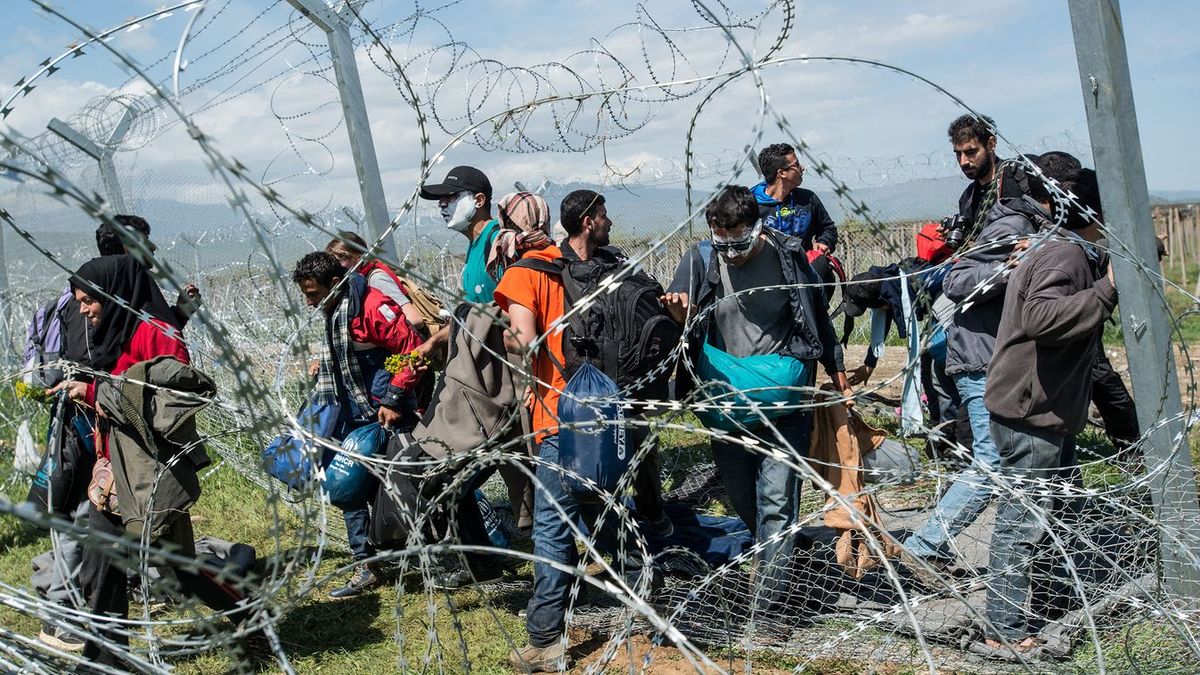
The ruling is clearly not a legal decision but the exertion of political pressure, he said. They imposed a record fine seventy times the amount originally requested in the petition, to force Hungary to let illegal migrants into the country and to toe the line of those countries that voted for the migration pact, which means the automatic acceptance and resettlement of illegal migrants. Hungary will not budge, however, no matter the pressure, and will stick to its stance on the protection of the southern border, the politician stressed.
Hungary will not pay
The state secretary called the fine entirely illegitimate and unfounded and vowed that Hungary will not pay it. He said migration posed an unprecedented threat to European public safety, adding that it was being organized by the same underworld circles that earlier profited hugely from drug and arms trafficking, and prostitution. People smuggling was even more lucrative and these circles have grown stronger across Europe, Bence Retvari said.
For example, in Sweden a knife attack or explosion takes place every other day, organized by criminal gangs which are now getting most of their money and new recruits from activities linked to illegal migration.
Some two thousand people have fallen victim to terrorism in Europe in the past decade, the politician highlighted. Calling the 80 billion forint (200 million euros) fine — with a further 400 million (1 million euros) forints to be paid for every day of non-compliance — racketeering, he said that Brussels wants to strip member states of their ability to protect themselves.
Hungary should be reimbursed
Hungary should be reimbursed, not punished, for the wages of police deployed at the border and for building the fence which protects Hungary's southern border, the EU's external border. Brussels bureaucrats would expect the police to help migrants, who arrive in large groups, often armed with knives and weapons, to submit their asylum requests.
Bureaucrats think that police officers are not there to protect the border, but to promote the fulfillment of the rights of illegal migrants,
he pointed out. Hungary will not support migration or enter the ranks of pro-war countries, the state secretary underlined. In Brussels, a very broad coalition, from liberals to social democrats through to the People's Party, supports migration and war, he added. Hungarians have repeatedly expressed their will for illegal migration to be stopped at the southern border. Hungary held a referendum and carried out a national consultation survey on the issue, and the Fidesz-Christian Democrats (KDNP) coalition received reaffirmation in the parliamentary elections, the politician said. Bence Retvari recalled that since 2015, the country has shown that the border could be protected and migration stopped. Hungarian police are working effectively at Serbia’s southern border, alongside Austrian officers, he added.
Meanwhile, many Western European politicians see migration as a logistical problem.
This is disappointing because it is not the European leaders who decide: the decision as to who and how many enter Europe is put into the hands of people smugglers. While a plane ticket to Europe costs around 200 thousand forints, illegal arrivals pay human traffickers at least two, five and in some cases more than ten million forints to get them to Europe. Opting for illegal human smuggling is not for the poor, the state secretary added. The new arrivals send send some of the subsidies they receive to their home country to support others in coming to Europe. Western European subsidies thus land in the pockets of people smugglers who then bring their underworld practice into Europe. That’s how public safety deteriorates year after year in European cities, Bence Retvari said.
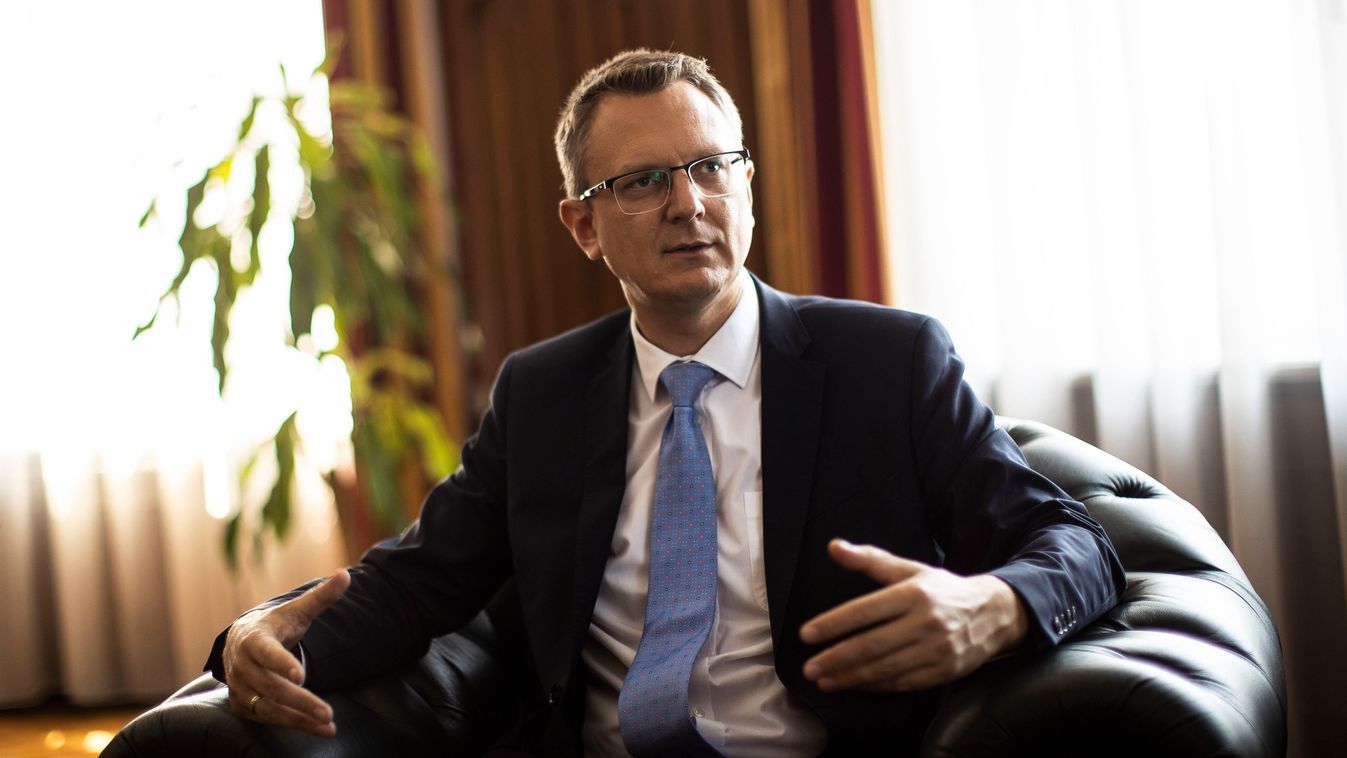

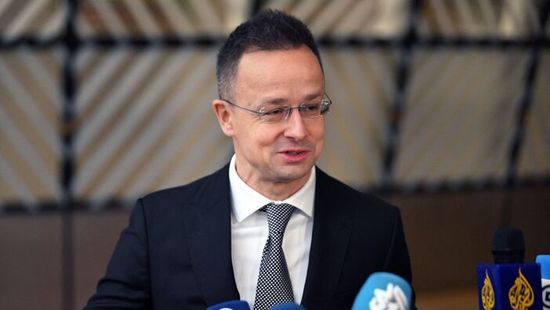




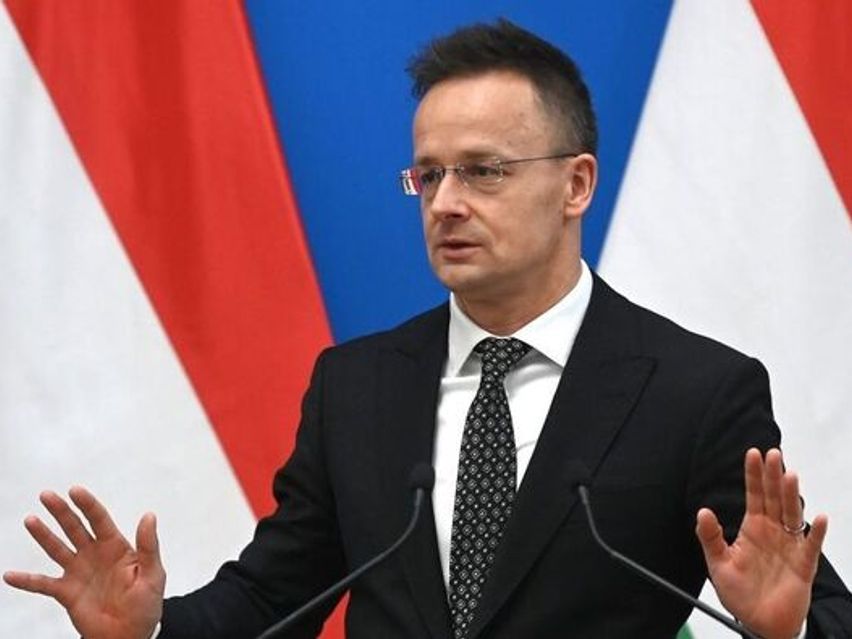

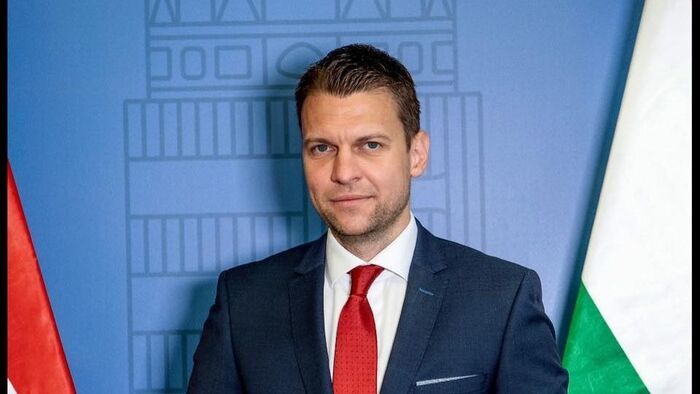



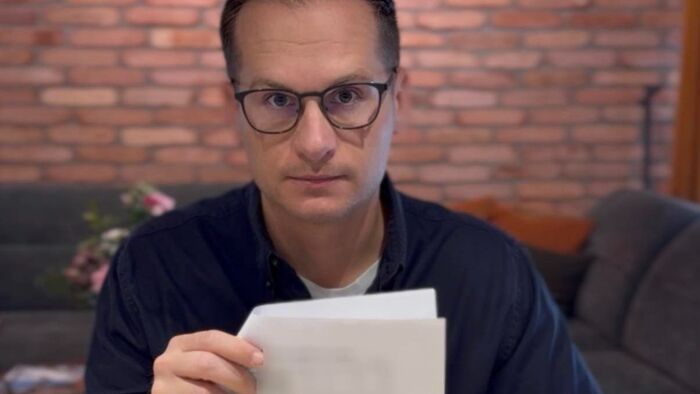
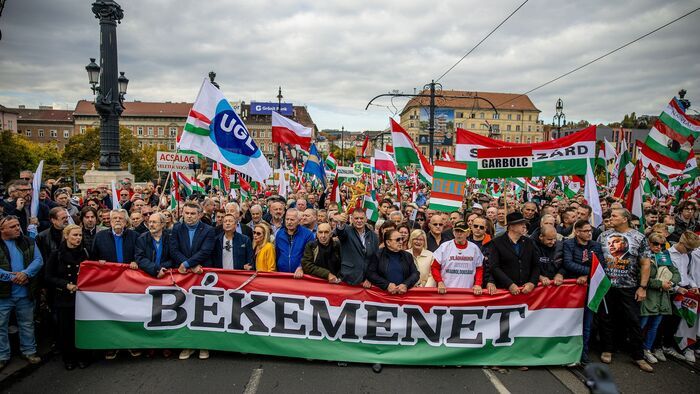
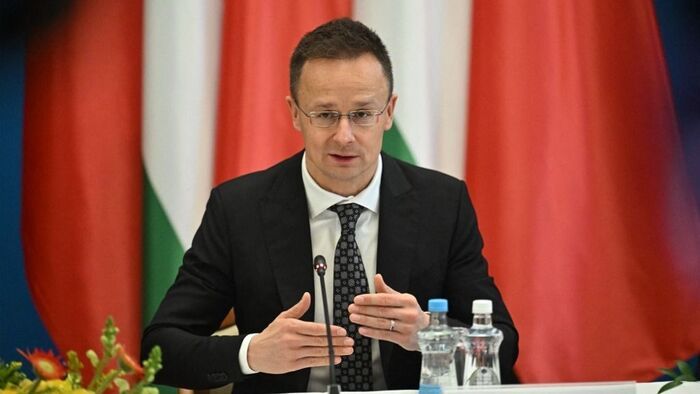

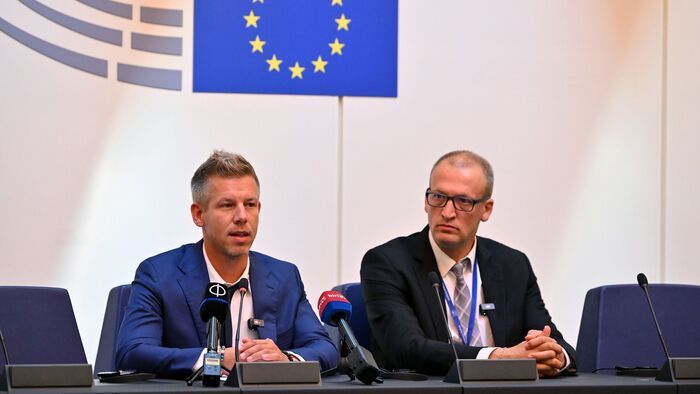




Szóljon hozzá!
Jelenleg csak a hozzászólások egy kis részét látja. Hozzászóláshoz és a további kommentek megtekintéséhez lépjen be, vagy regisztráljon!